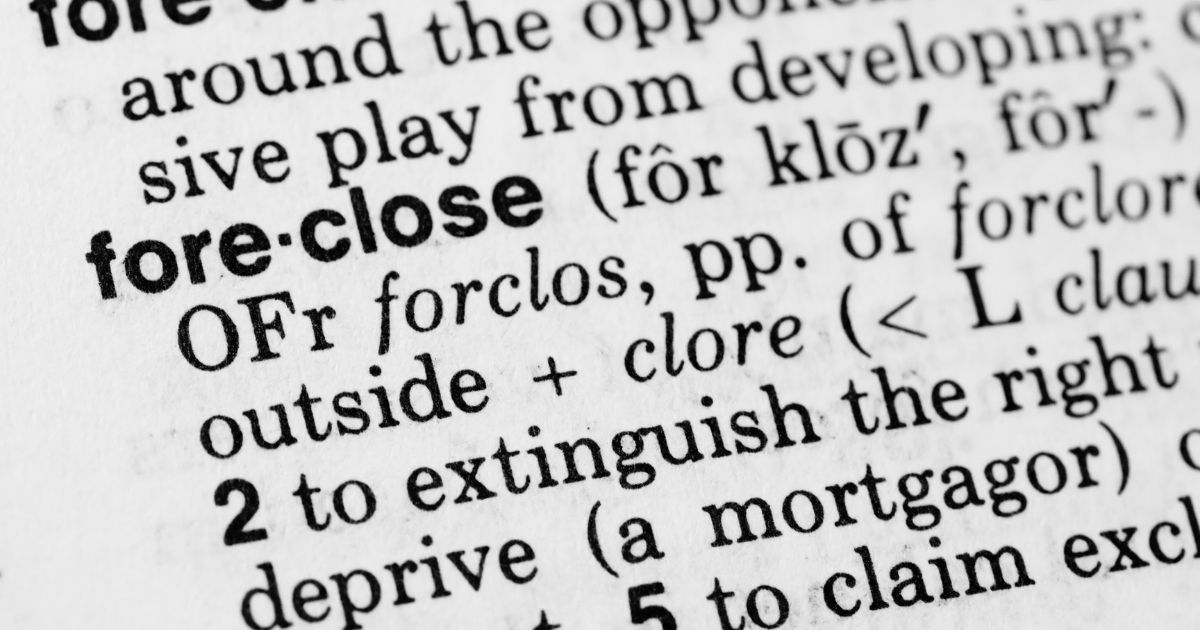Banks have the right to foreclose to collect on debt

Banks and other financial institutions in New Jersey put a lot on the line when they provide mortgage loans. In fact, hundreds of thousands of dollars are typically on the line, and if a person does not stay current with the payments on that loan, the bank could start losing money and need to take action. In many cases, this can mean that a bank needs to foreclose on a property.
For those who are being foreclosed upon, this type of situation can seem unfair. However, banks have the right to attempt to collect on debts, including defaulted mortgage loans, and foreclosure is one way that they can do that. Moving forward with this process could allow them to work toward obtaining at least a portion of what the bank is owed in efforts to reduce potential losses.
Typically, foreclosure does not occur until a borrower has not made attempts to repay the loan after receiving a missed payment notice, demand letter and notice of default. The notice of default is issued after 90 days have passed without payment. After issuing that final notice, the loan could go into foreclosure.
Having to foreclose on a property is an unfortunate part of being in the banking industry. Nonetheless, financial institutions have to do their best to protect their loans, and if a borrower is not making payments, moving forward with collection efforts is often necessary. Because handling this process can be difficult and because it differs from state to state, banking institutions in New Jersey will undoubtedly want to ensure they have the right legal assistance.




 908-679-5011
908-679-5011



